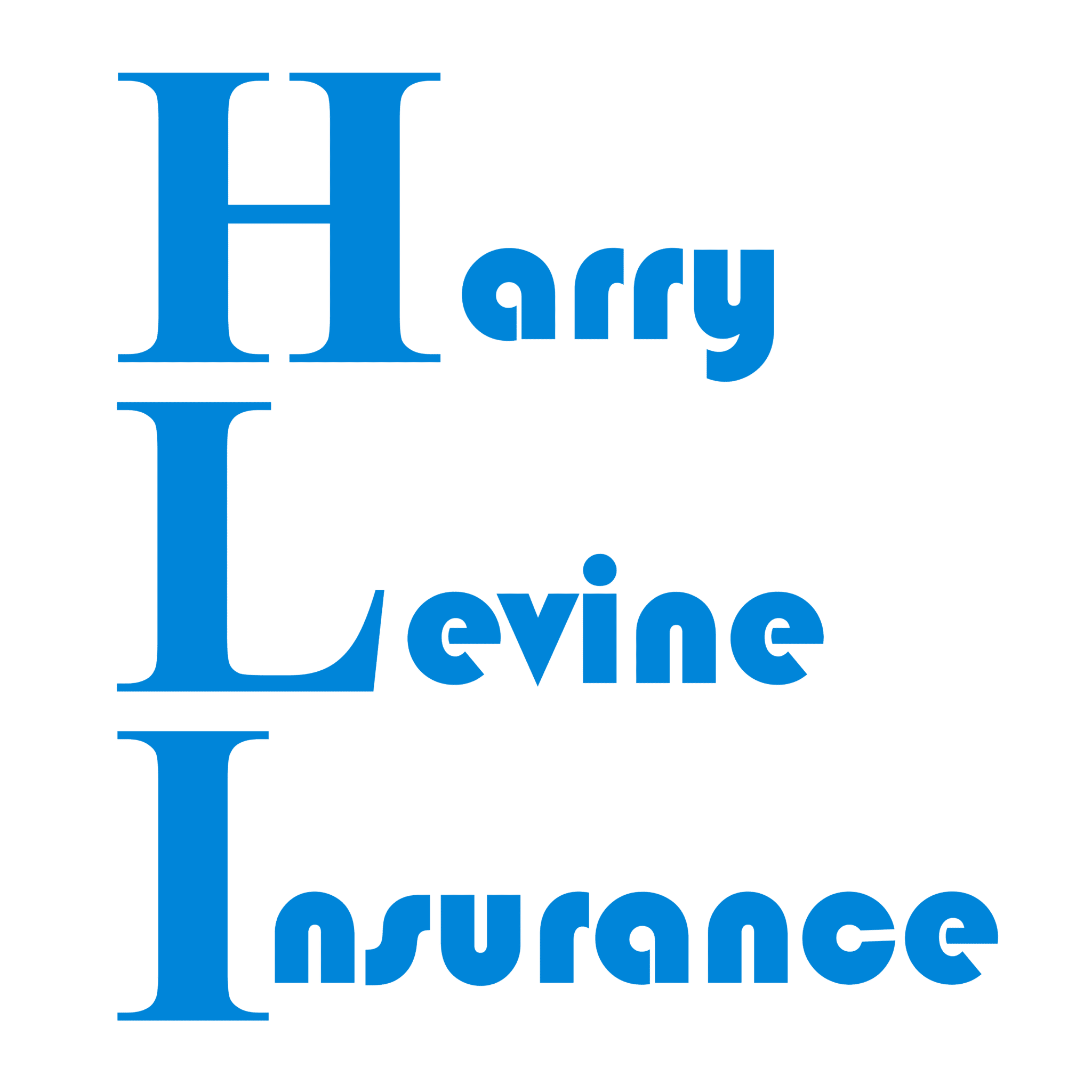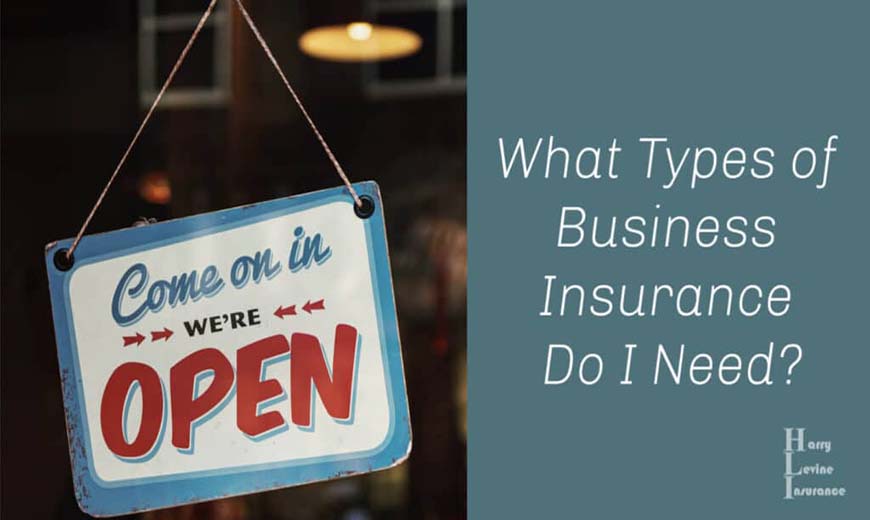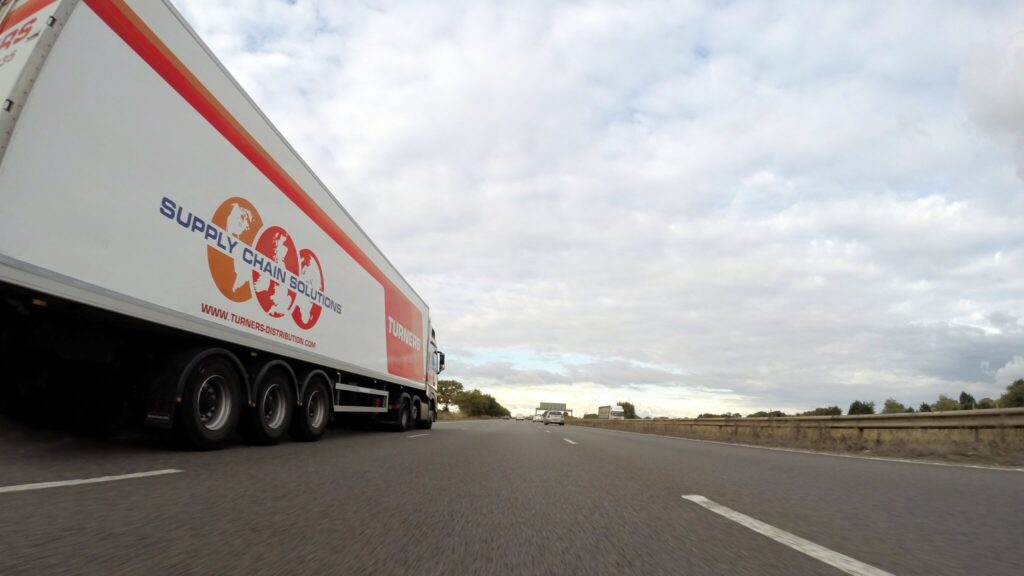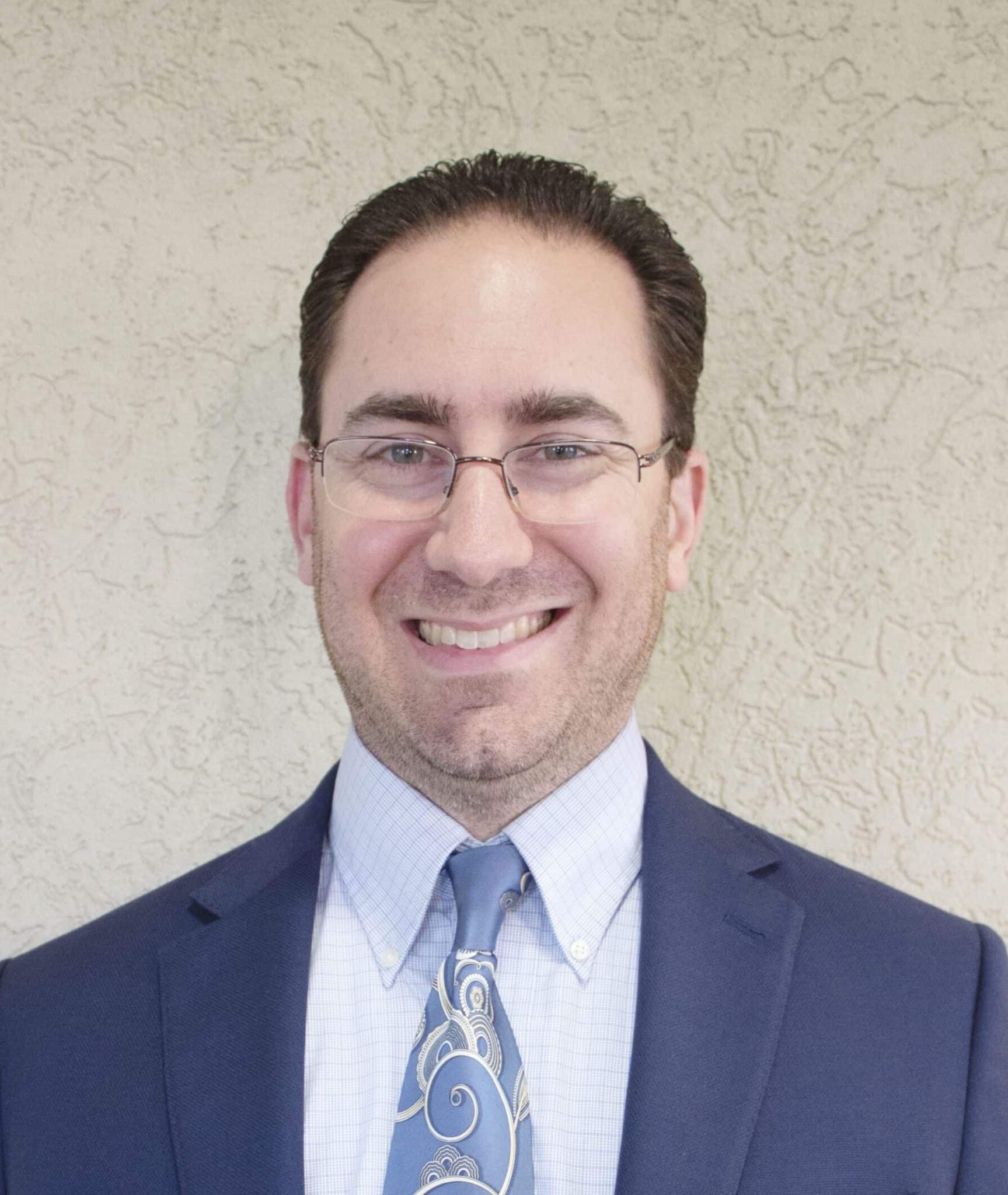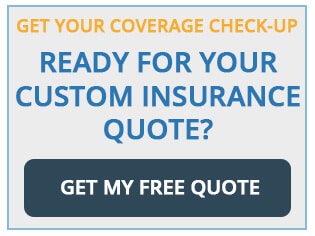Every new company needs protection.
Find the right level of coverage with these 11 types of business insurance.
An estimated 44% of small business owners have never had insurance.
That number is much too high!
Commercial insurance losses are too common (and too expensive) not to have adequate protection in place to stave off disaster.
If you’re reading this, you understand that business insurance is well worth the cost of your premiums. The question you need help answering is, “How much insurance coverage do I actually need?”
In this article, we’ll take a look at the essential types of business insurance you absolutely need to have.So…which insurance policies are necessary?
It Depends On Your Business
“What kind of an answer is that? This is clickbait!”
This isn’t us trying to pull the old bait-and-switch on you. While there are some basic types of business insurance that everyone should have (more on that later), in most cases, your coverage needs will depend on your specific company.
No two businesses are exactly alike and each will have its own set of coverage needs, depending on their industry, size, location, revenue, or claims history.
For example, restaurants require a different set of insurance policies than handymen. An accountant would need a different level of coverage than a piano teacher.
11 Essential Types of Business Insurance
Though every business is different, there are a few types of business insurance that are essential for just about everyone. If you’re just starting out, these are some of the policies you should discuss with your insurance agent before you open your doors.
1. General Liability
Also known as Business Liability, General Liability insurance protects your business against bodily injury, property damage, and libel/slander caused to a third party.
Although it doesn’t provide protection against things like fires or floods, General Liability insurance is one of the most useful types of business insurance you can have. And it isn’t just “dangerous” businesses that need it.
2. Property Insurance
Property insurance protects your physical objects from a covered incident, such as a fire that destroys your commercial kitchen or a hurricane that takes the roof off your warehouse.
Even if you don’t have inventory or own any real estate, you do own property. Even if your company doesn’t own much, what you do have is essential to the operation of your business and should be protected.
3. Business Interruption
Not many business owners consider what would happen if they had to close their doors following a disaster. But losing out on projected income is a loss, as well.
Business Interruption insurance reimburses you for any income you may have missed out on while you were cleaning up after a covered disaster, such as a fire, theft, or vandalism.
Business Interruption has been a hot topic in the last three years. We’ve had hurricanes and a global pandemic that suddenly brought this vital coverage to the surface. Make sure to discuss your OPTIONS and coverage EXCLUSIONS with your independent insurance agent. Never assume that any and all interruptions can be insured against. The good news is that many absolutely can be!
Business Owner’s Policy
The three types of business insurance listed above are so essential to most (if not all) businesses, they are available in one bundled package, known as a Business Owner’s Policy, or BOP.
If you’re one of the many businesses with a need for all three policies, a BOP is usually the most cost-effective way to do that.
4. Professional Liability
Professional Liability insurance is often called Malpractice insurance, but it isn’t just doctors and lawyers that can benefit from it.
In fact, it’s mostly referred to as Errors & Omissions (E&O) coverage insurance because it protects your business if you are sued for harmful advice or behavior (i.e. “errors”) or negligence (“omissions”). This can refer to anything from a typo on a contract to a bad financial decision that negatively affected a client.
5. Data Breach / Cyber Risk
Cyber Risk insurance isn’t just for Fortune 500 companies! In fact, small businesses have become the preferred target for cyber criminals, not in spite of their size, but because of it! (They assume you don’t have adequate security measures in place).
If your business takes any form of electronic payment or holds any sensitive client information (medical records, stored credit card numbers, etc.), a Cyber Risk policy isn’t just a good idea; it’s crucial.
6. Workers’ Compensation
There aren’t that many insurance policies that are required for Florida businesses, but Workers’ Compensation is one of them. If you have more than four employees (or even one employee if you’re in the construction business, you will be required to purchase Worker’s Comp coverage.
But this doesn’t mean that your two-person operation should go without it!
No industry is 100% free of workplace injuries, and accidents are impossible to predict. Workers’ Comp coverage can give you (as well as your employees) some much-needed peace of mind. It also shields your business from workplace injury related lawsuits in many cases.
7. Employment Protection Liability Insurance
EPLI protects against lawsuits from interviewees, employees, and ex-employees who accuse your company of harassment or discrimination.
Note that we said “accuse.” Even if you’re innocent of the actions you’re being charged with, you will probably rack up a hefty amount of legal fees fighting the lawsuit. If you have any employees, EPLI is a must.
8. Commercial Auto
If you or any of your team use a vehicle for business purposes, your personal auto policy is NOT enough coverage. Commercial and Personal Auto insurance are two very different policies that (with very few exceptions) do not overlap.
Or, if you’ve joined the digital economy and you’re working for a ridesharing service (i.e. Transportation Network Company) or food delivery service, please talk to your independent insurance agent ASAP! There are coverage endorsements available for your Personal Insurance, and you need to understand the VERY limited and specific coverage provided by TNC’s and food delivery providers.
9. Inland Marine
If your business relies on any form of shipping (via truck or train, for example), Inland Marine coverage is essential.
Inland Marine insurance protects “products, materials and equipment when transported over land—e.g., via truck or train—or while temporarily warehoused by a third party.” So if you’re a contractor with expensive trucks full of power tools driving all over the city, Inland Marine insurance can keep you afloat.
10. Commercial Flood Insurance
Just like your Homeowner’s policy, most Property Insurance policies don’t cover floods. We’re not talking about broken pipes here, but “flood” as defined by FEMA in the National Flood Insurance Program (NFIP).
If your business is in a flood zone, you should look into Commercial Flood insurance.
11. Key Person Insurance
Like most startups, your business probably relies on the hard work of, ultimately, one or two people. Have you ever thought about what would happen if these key people were to become disabled or pass away?
If the very idea scares you, you need Key Person insurance.
Key Person insurance provides protection against the loss of any employee—whether it’s an owner or member of the sales team—that’s absolutely essential to your company’s survival.
It’s often coupled with a pre-event buy-sell agreement. That way, surviving partners don’t wind up with unintended business partners and surviving heirs don’t wind up thrust into business ownership, debt and responsibilities they never intended to have.
Conclusion
There are a lot of factors that go into your business insurance needs. So many, that it would take an expert to understand all of them!
Harry Levine Insurance has been a forerunner in the Orlando insurance market for the past 40 years, and have built a reputation on our commitment to honesty, integrity, and excellent customer service. We understand small businesses (because we are one) and our goal is to create a network of coverage that reflects your company’s needs and your budget.
If you’re starting a new business, don’t let insurance coverage stymie you! A trustworthy independent insurance agent is just as helpful at reducing unnecessary policies as they are at informing you about the essential ones.
We know that these options can seem overwhelming, but the good news is that we are the experts! At Harry Levine Insurance it’s our job to help you choose the insurance that is right for you. Call now or visit our website for a free quote.
